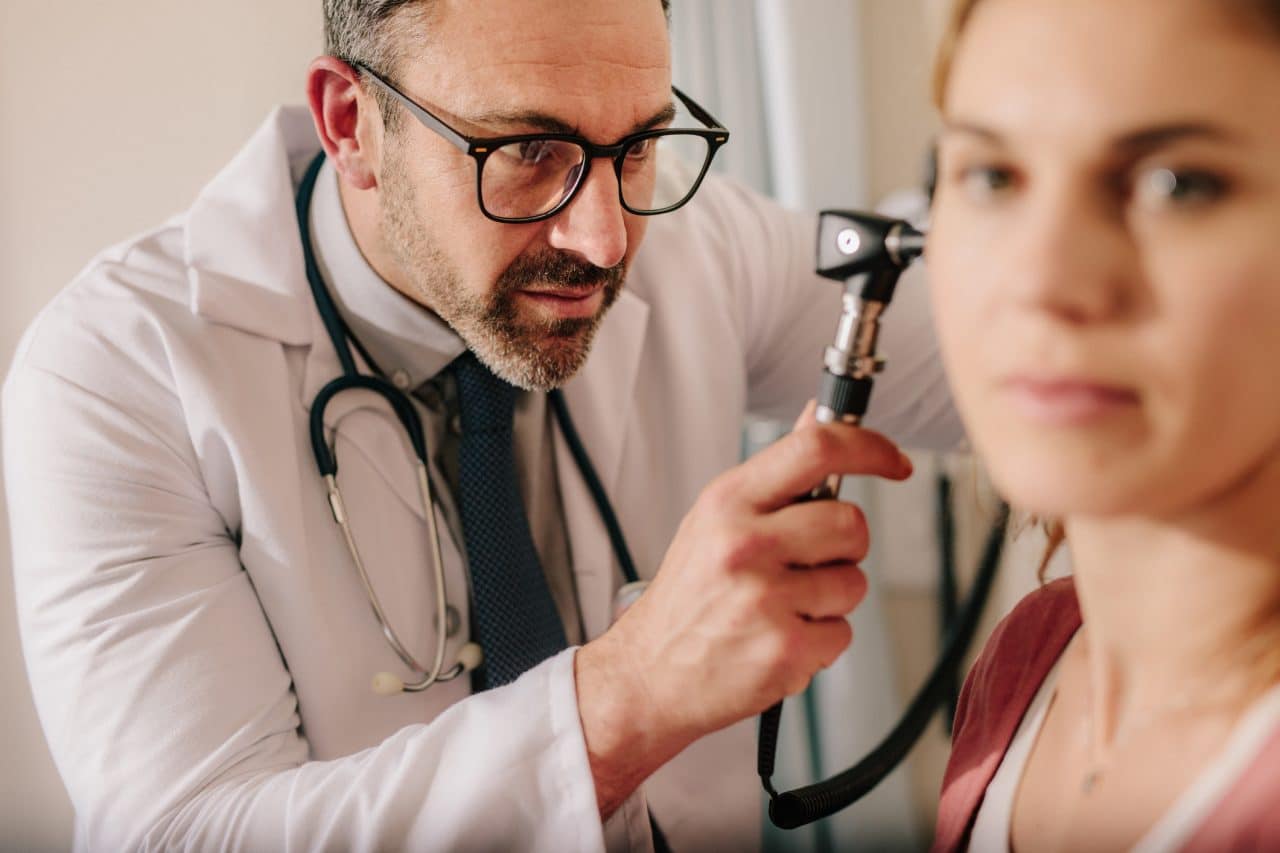Chickenpox, a viral infection characterized by an itchy rash and blisters, is a mild disease in most cases. However, for those who have never had it and have not been vaccinated, it can result in hospitalization or even death. Fortunately, the number of serious cases has dropped drastically since the early 1990s, thanks to immunizations. Research shows that if you’re not vaccinated for chickenpox and other strains of the infection, you’re at an increased risk of hearing loss.
The Link Between Chickenpox & Hearing Loss

Adults over the age of 60 are at risk of coming down with a reactivated version of chickenpox, known as shingles. One of the symptoms of shingles, in addition to rash and blistering, is hearing loss.
Additionally, the virus can reactivate as a rare disease known as Ramsay Hunt syndrome. This syndrome affects the nerve near the ear and is also associated with a painful rash that can occur on the eardrum, ear canal or earlobe. It can also cause weakness in the face.
One study reports, “The proximity of the facial nerve to the vestibulocochlear nerve can result in hearing loss, tinnitus, and vertigo. Sensorineural hearing loss was present in 43% of patients, imbalance or vertigo in 51%, and tinnitus in 20%.”
Complications of Ramsay Hunt syndrome include permanent hearing loss and facial weakness, eye damage and postherpetic neuralgia (damaged nerve fibers).
The Importance of Vaccinations
You can get a vaccination for the chickenpox and shingles at Cleveland Clinic Indian River Hospital. Note that while it’s still possible to contract the diseases even after getting the vaccines, the cases are usually mild with a low risk of complications.
When to See a Doctor
Consult with a doctor right away if you think you or your child has chickenpox or shingles. Your doctor can diagnose you after examining your rash and talking to you about your symptoms. Once a diagnosis is made, they can then prescribe medications to ease symptoms and treat complications.
Consider scheduling a virtual appointment to prevent the infection from spreading to others. To learn more or to schedule an appointment, call Aaron's Hearing Aid & Audiology Center today.
